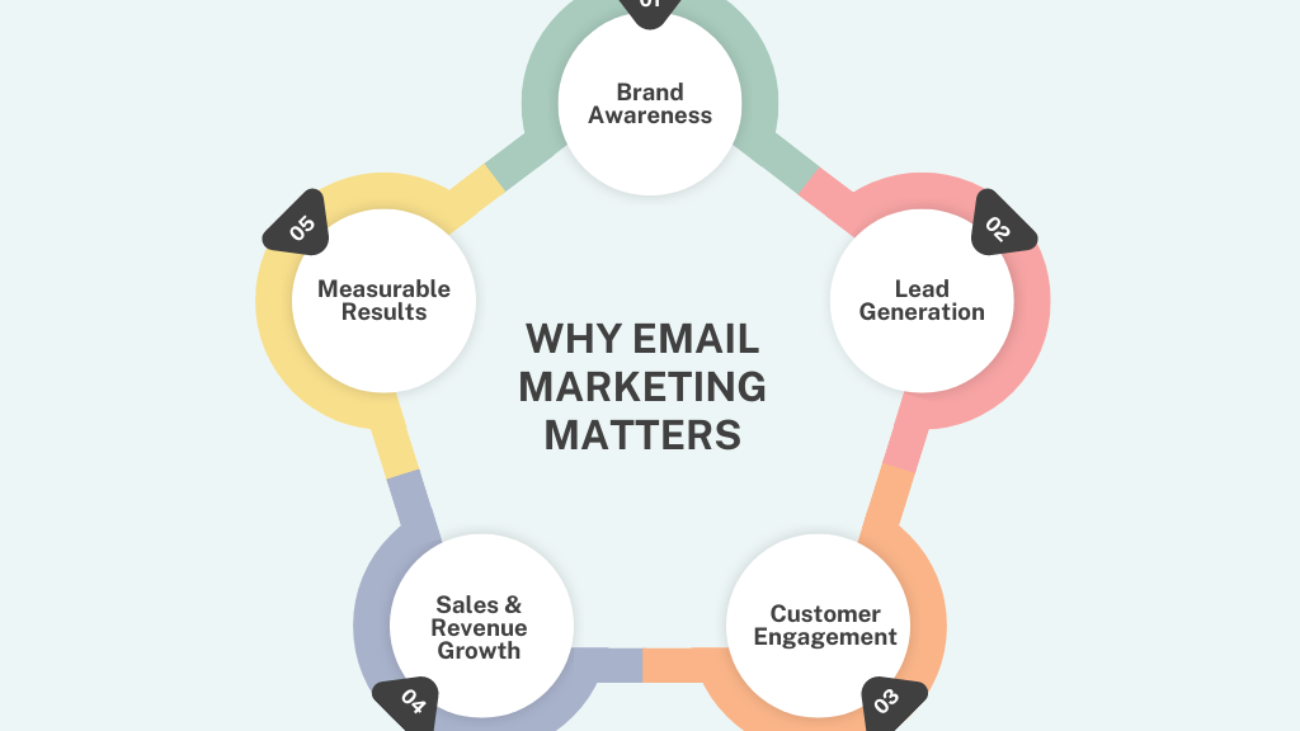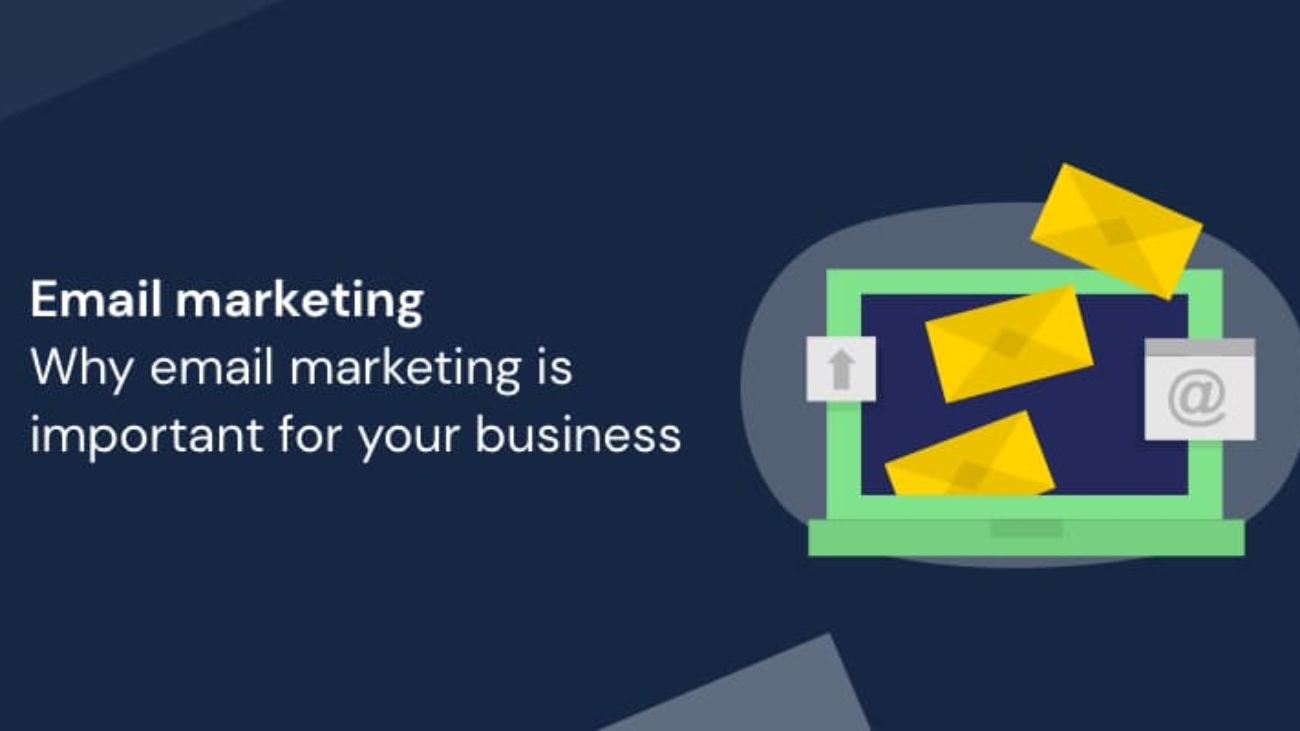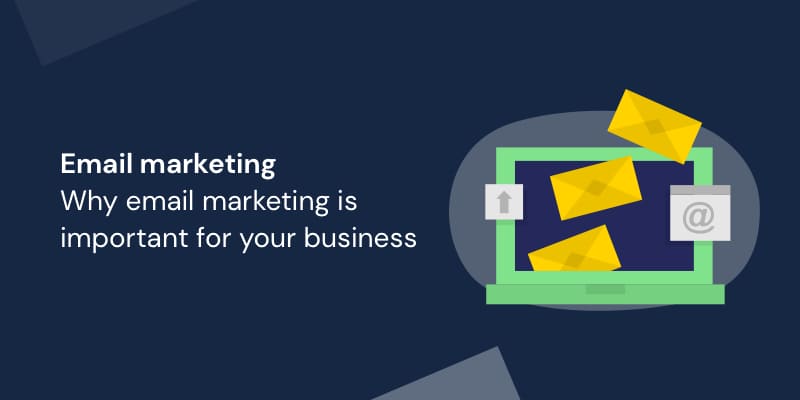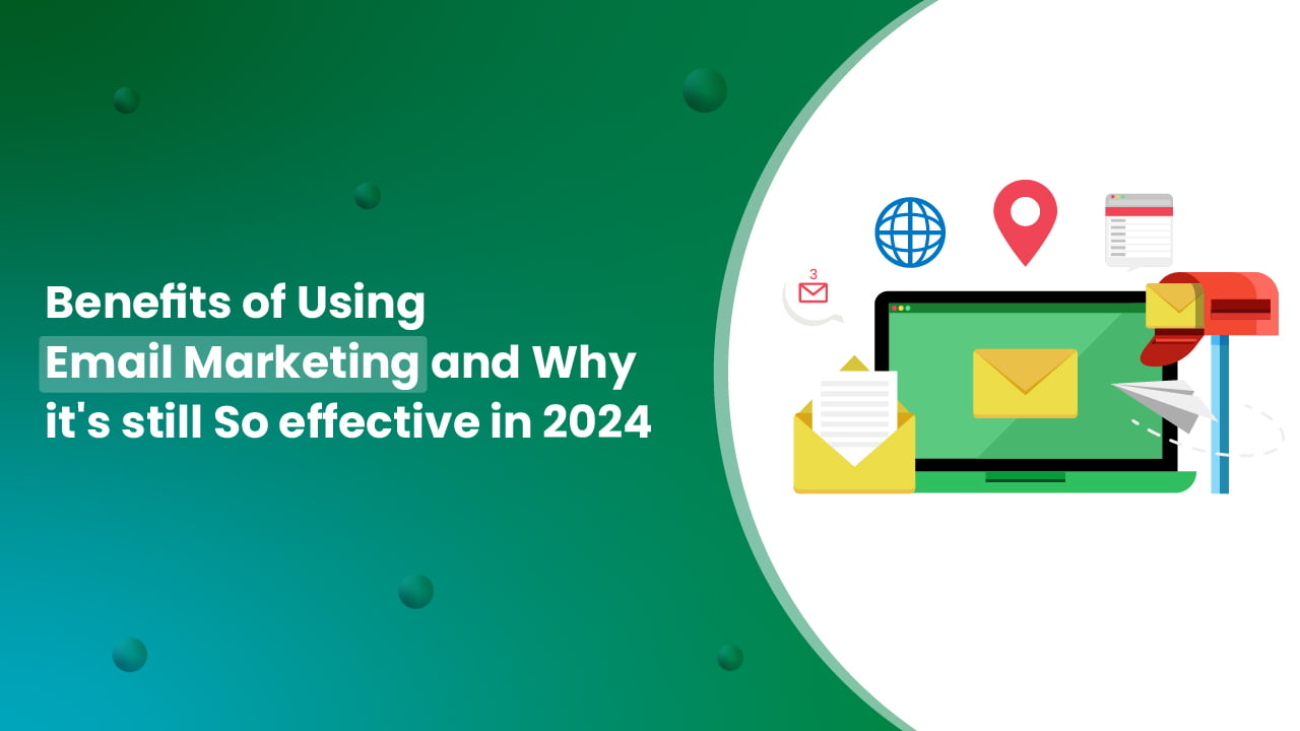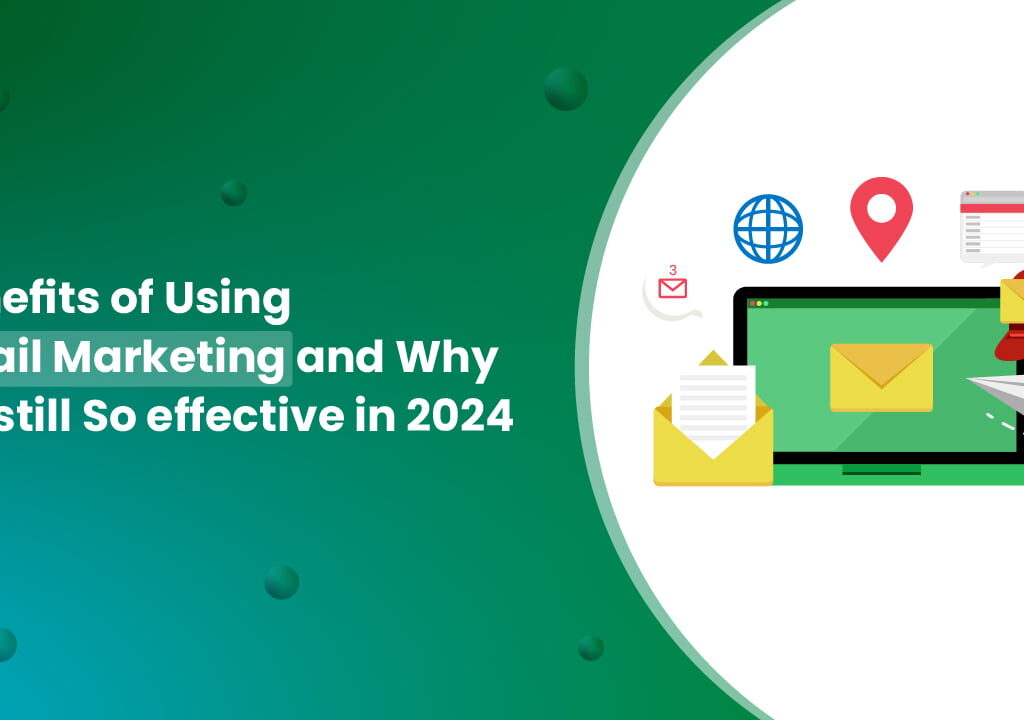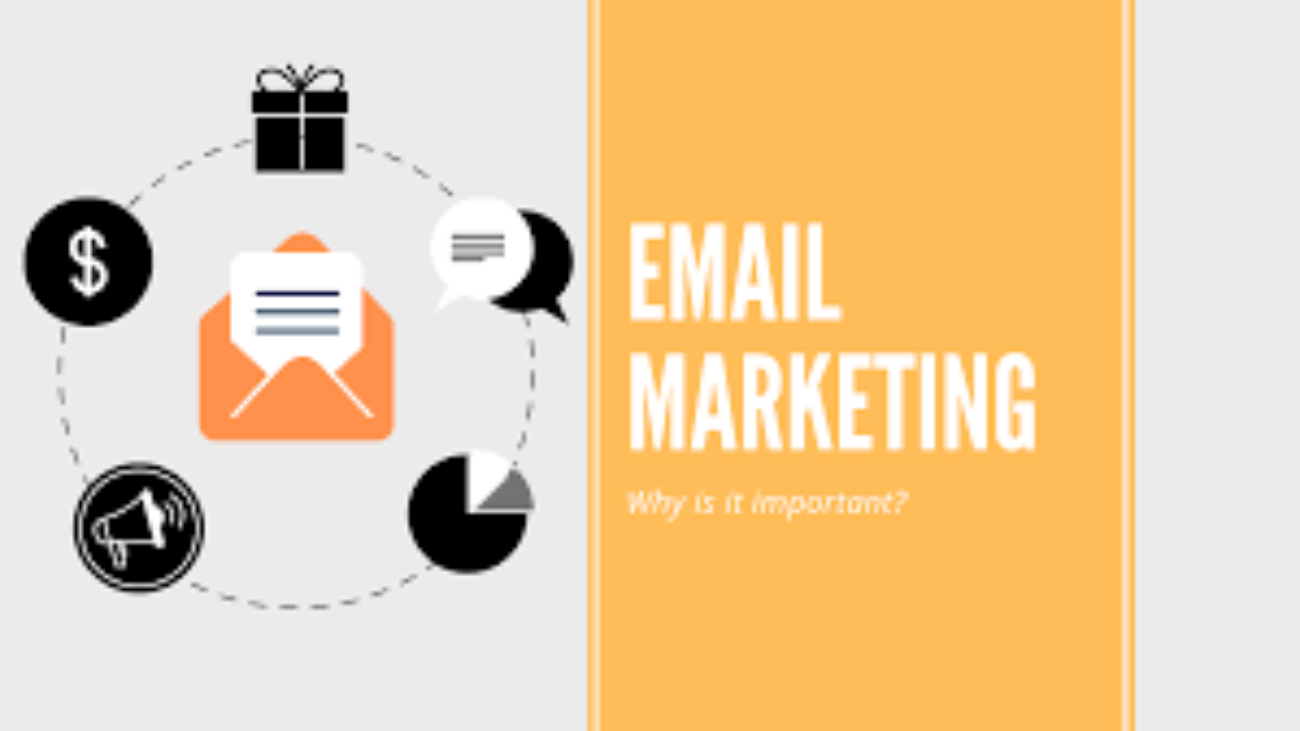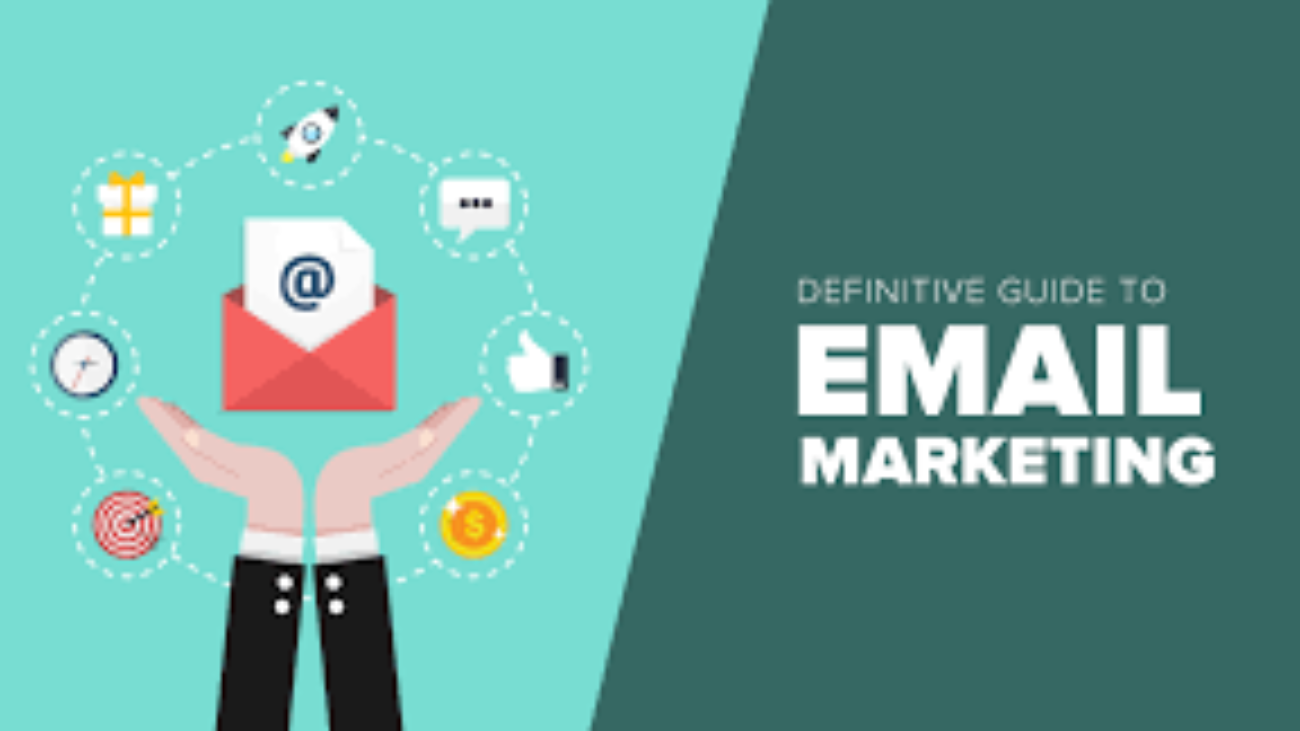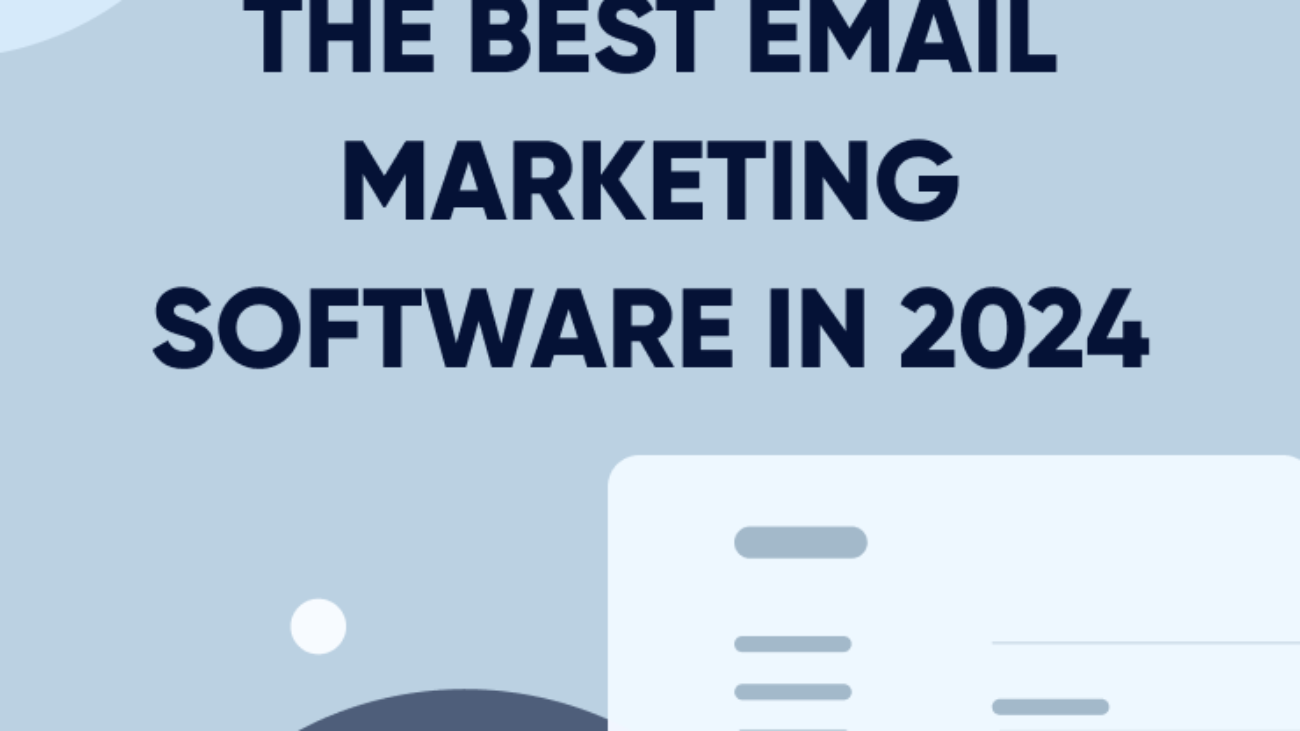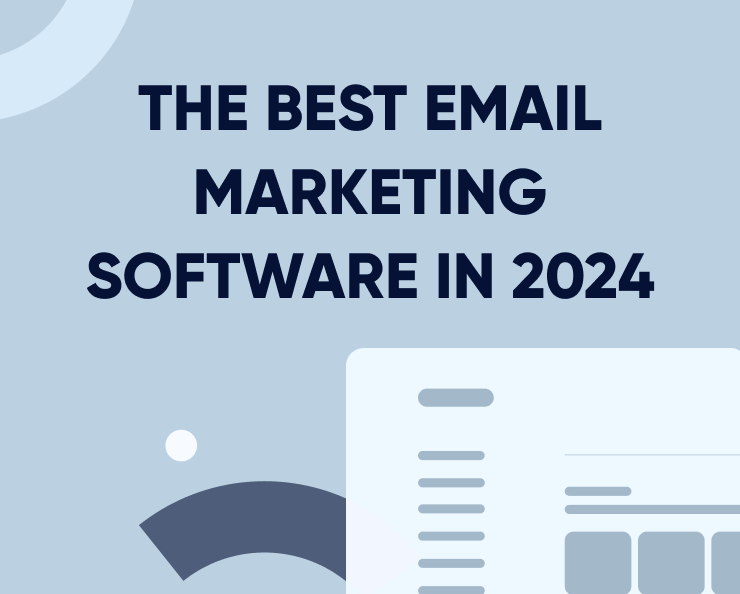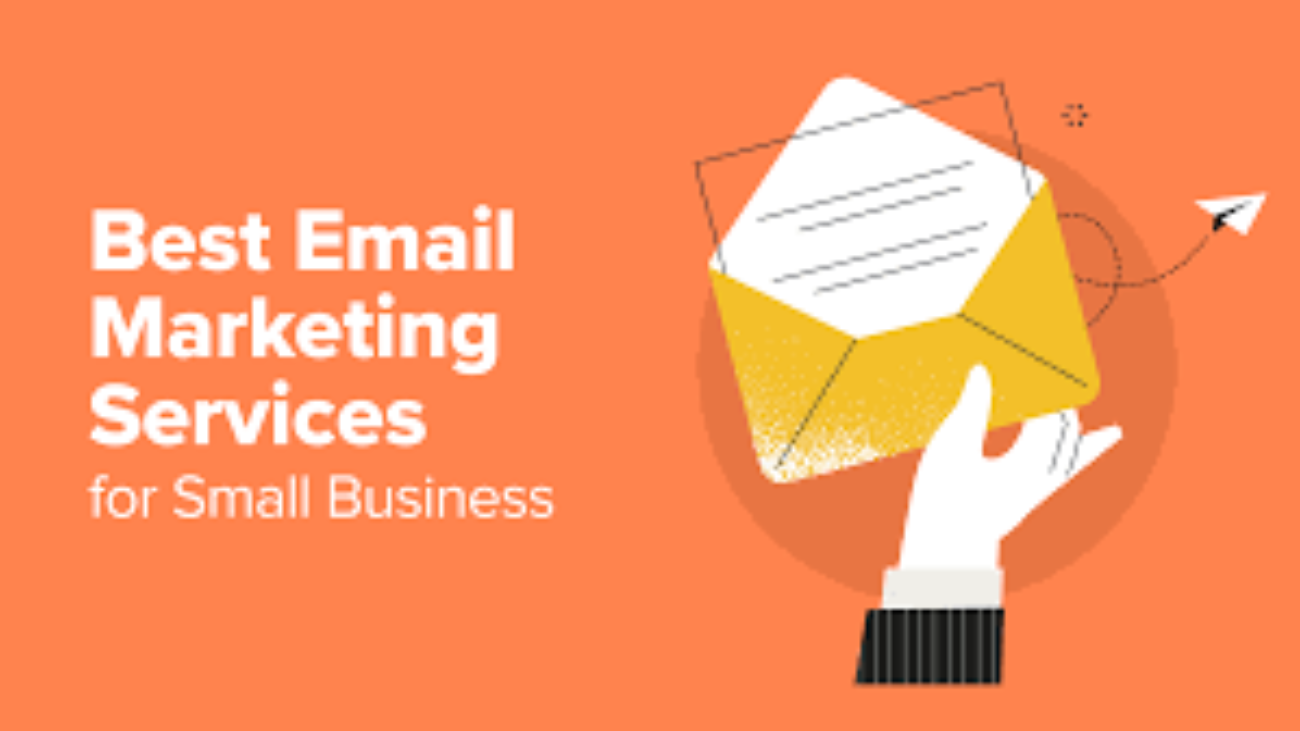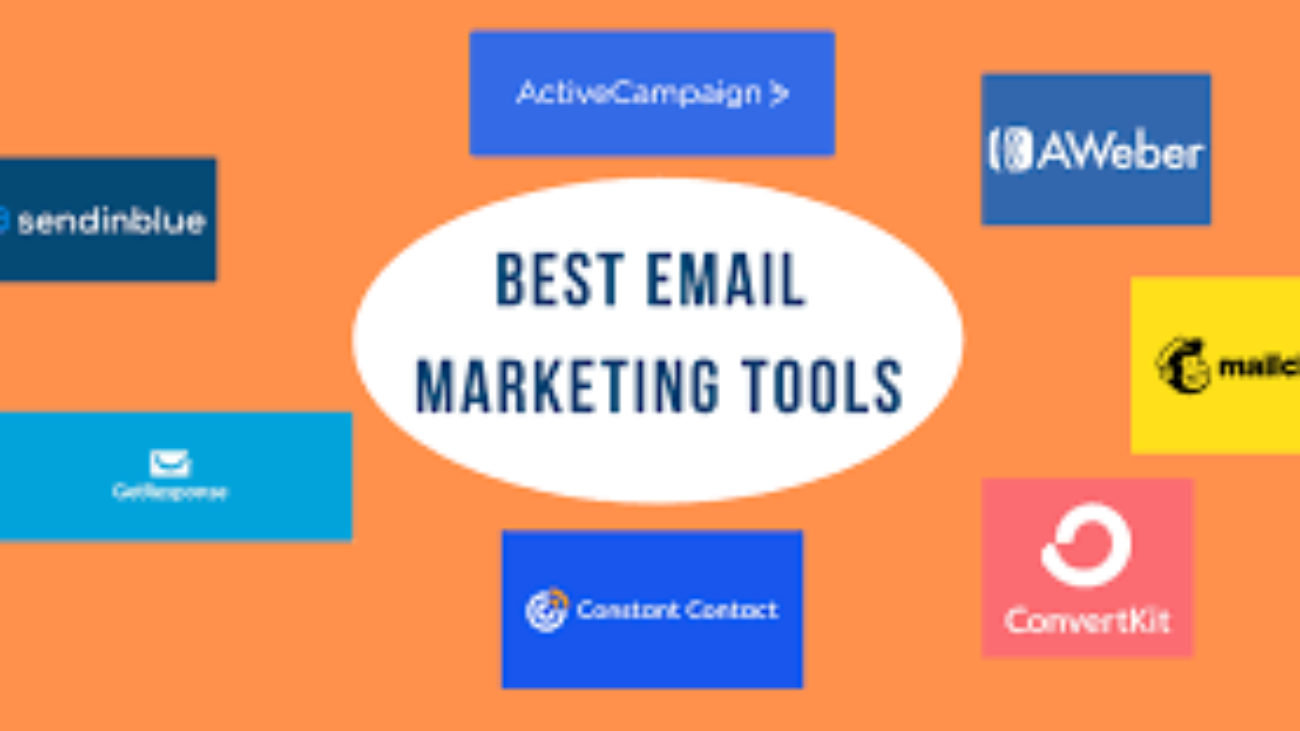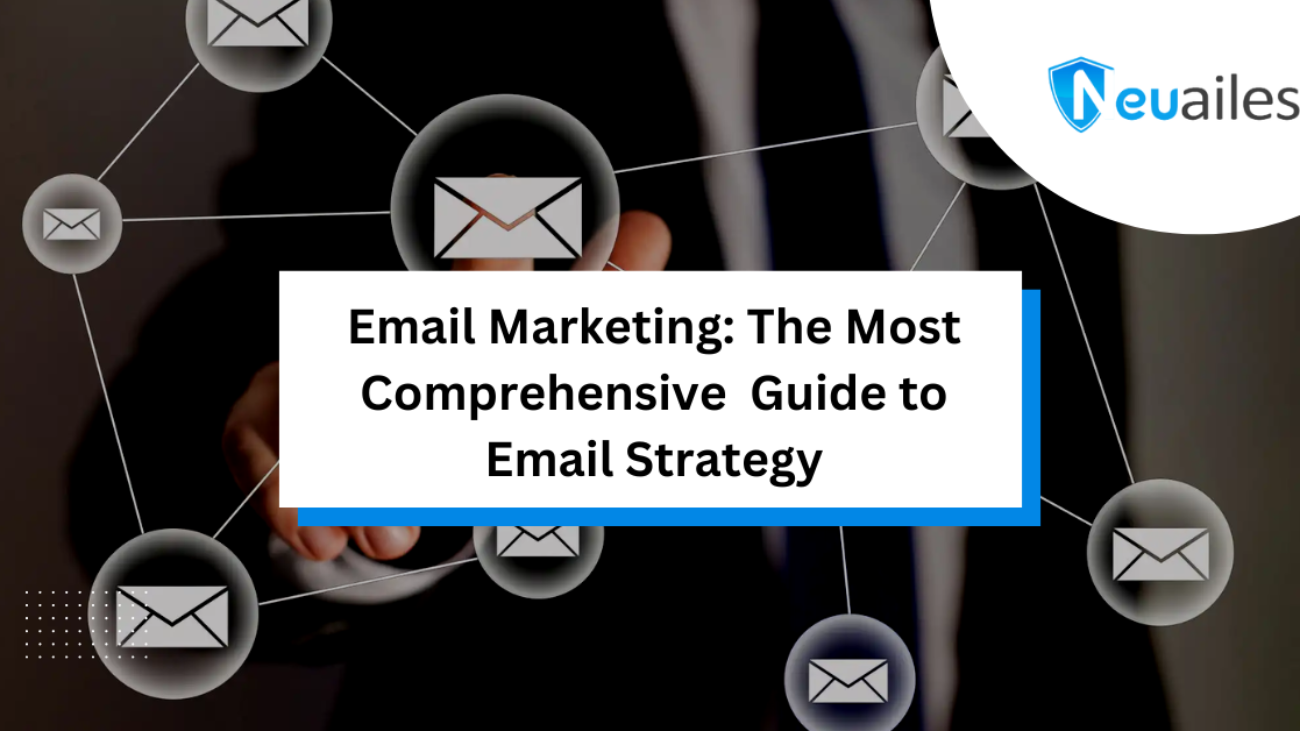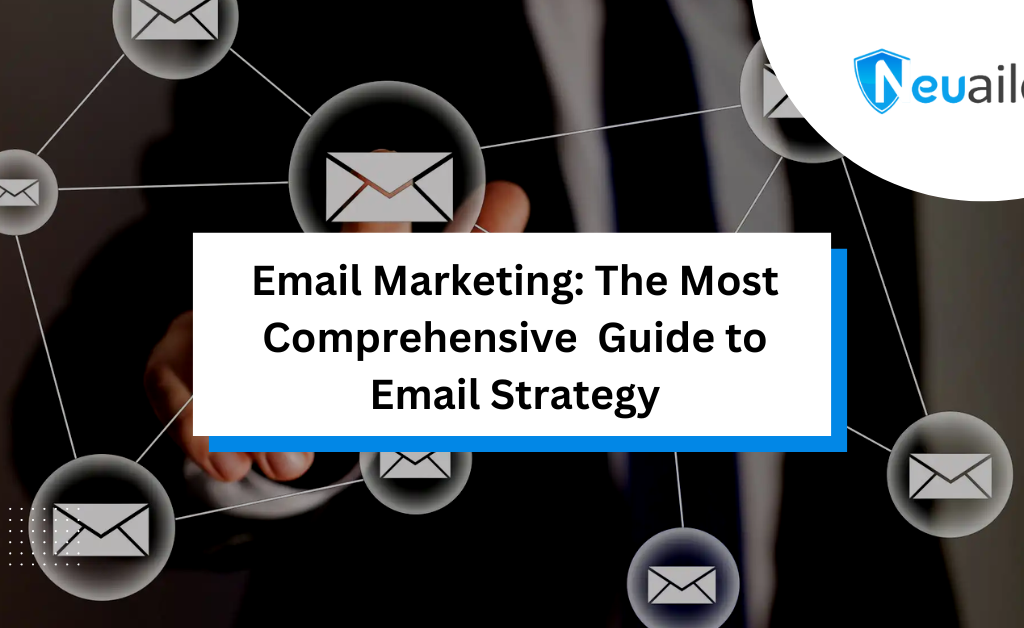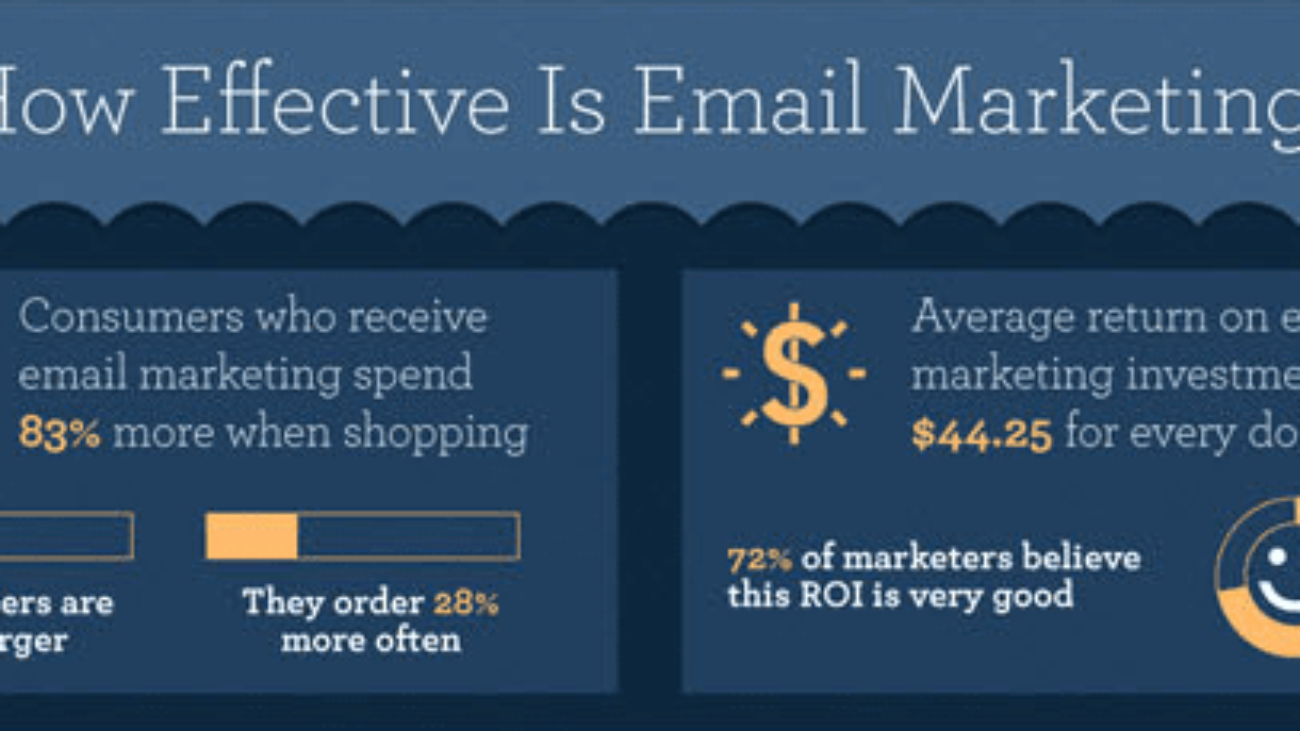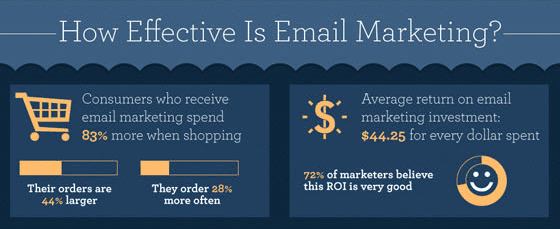In the ever-evolving digital landscape, businesses are constantly seeking effective strategies to reach their target audience and maintain customer engagement. Among various digital marketing methods, email marketing remains one of the most impactful tools for businesses of all sizes. Whether you’re a small business or a large enterprise, using the right email marketing software and email marketing platform can significantly improve your marketing efforts. Here’s why email marketing matters and how it can transform your marketing strategy.
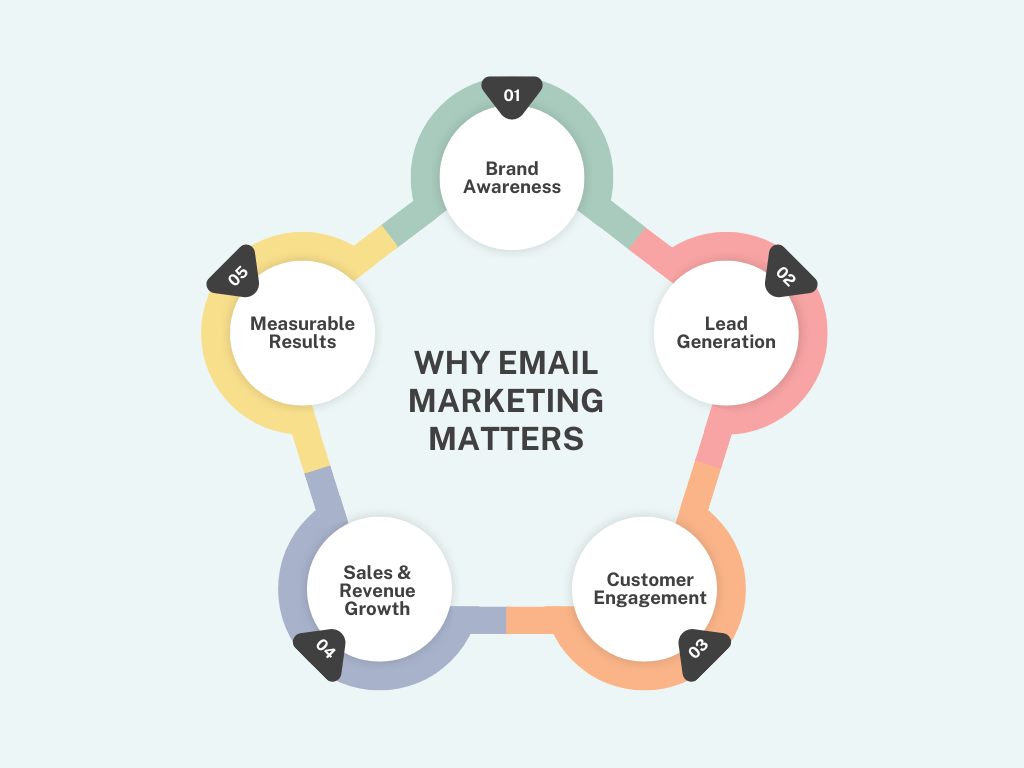
1. Cost-Effective Marketing Solution
Unlike other marketing methods, email marketing is highly affordable. With free email marketing tools and free emailing services available, even small businesses can create effective campaigns without breaking the bank. Compared to traditional advertising methods such as print media or paid ads, email marketing services offer a much better return on investment (ROI).
2. Direct Communication with Your Audience
Email marketing allows businesses to communicate directly with their audience, providing a personalized touch. This direct communication increases the chances of your message being read and encourages customer engagement.
3. Segmentation and Targeting
One of the most powerful features of email marketing tools is the ability to segment your audience. By using email automation and segmentation features within your email marketing platform, you can target specific groups of people based on demographics, purchase history, or behavior. This level of precision ensures that your message resonates with the right audience, leading to higher conversion rates.
4. Enhances Customer Retention
Customer retention is vital for the long-term success of any business, and email marketing plays a key role in this. Regular communication through newsletters, updates, and promotions helps keep your brand at the forefront of your customers’ minds. Drip campaigns are particularly effective for nurturing leads and retaining existing customers. With automated email sender systems, businesses can create a series of pre-written emails that are sent out at specific intervals, ensuring consistent communication with customers.
5. Automation Saves Time and Increases Efficiency
The use of email automation is a game-changer for marketers. Tools like Mailchimp login, HubSpot email marketing, and other email marketing software enable businesses to automate their campaigns, saving time and increasing efficiency. With an automated email sender, you can schedule your emails in advance, allowing you to focus on other aspects of your business while maintaining a consistent email presence.
6. Boosts Sales with Drip Campaigns
A drip campaigns are designed to guide your leads through the sales funnel and encourage them to take action. By utilizing the best email marketing tools, businesses can create highly effective drip campaigns that deliver the right message at the right time, significantly increasing the likelihood of conversions.
7. Measurable Results and Insights
One of the biggest advantages of using email marketing services is the ability to measure your results. With advanced email marketing tools, you can track open rates, click-through rates, and conversions. This data allows you to refine your strategy over time and optimize your campaigns for better performance. Marketing software like HubSpot email marketing provides valuable insights that help marketers make informed decisions.
8. Personalization Increases Engagement
In today’s competitive market, personalization is key to standing out. With email marketing platforms, businesses can personalize their emails based on the recipient’s name, behavior, and preferences. Personalized emails create a sense of connection with your audience, making them more likely to engage with your content and take action.
9. Scalable Marketing Strategy
Whether you’re a startup or an established business, email marketing is highly scalable. As your business grows, your email list can grow with it, allowing you to reach more potential customers over time. With best email marketing tools in place, scaling your email marketing efforts is seamless and efficient.
10. Integrated with Other Marketing Channels
Email marketing is not a standalone strategy. It can be integrated with other marketing channels, such as social media, content marketing, and search engine optimization (SEO). By incorporating email marketing software into your overall digital marketing strategy, you create a cohesive and consistent brand experience across all platforms.
Conclusion
In conclusion, email marketing is an essential tool for businesses looking to build relationships, drive sales, and increase brand loyalty. With the right email marketing tools, such as free email marketing tools, automated email senders, and drip campaigns, businesses can create targeted, personalized, and automated email campaigns that deliver real results. Whether you’re using platforms like Mailchimp login or HubSpot email marketing, email remains one of the most effective ways to communicate with your audience and drive business growth.

